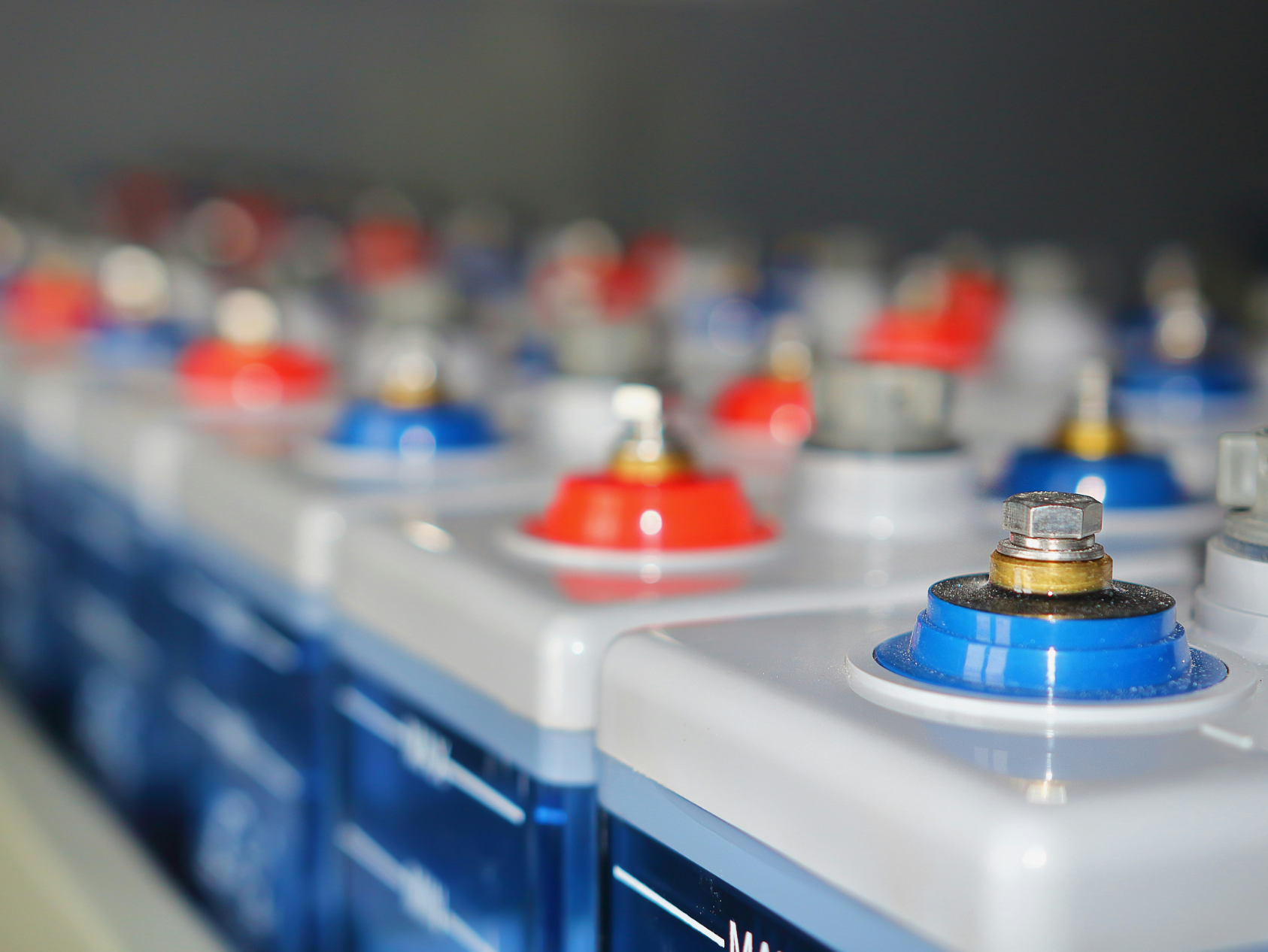The generative AI market in manufacturing is growing with a CAGR of ~40% in the global market. This growth is driven by AI applications that extend beyond simple automation.
Generative AI enhances efficiency by optimizing production processes and reducing downtime. It lowers costs through predictive maintenance and resource management. Additionally, AI improves product quality by enabling advanced quality control and design innovation. These applications collectively transform manufacturing, making it more agile, cost-effective, and capable of producing higher-quality products. This trend underscores the significant impact of AI on the future of manufacturing.
Advantages of Adopting AI in Manufacturing
Widespread AI Integration:
- As per a recent MckInsey report, around 50% of manufacturing companies have integrated AI into at least one function.
- This indicates a significant shift towards digital transformation in the industry.
Operational Efficiency:
- AI algorithms analyze large datasets to identify inefficiencies and suggest process improvements.
- This leads to streamlined operations and reduced downtime.
Quality Control:
- AI-driven systems detect defects and anomalies with greater accuracy than traditional methods.
- Ensures only high-quality products reach the market, reducing recall risks and enhancing customer satisfaction.
Financial Benefits:
- Companies adopting AI solutions see an average return on investment (ROI) of 20-30% within the initial years. (Source- Rapid Innovation)
- Highlights the transformative impact of AI on manufacturing, driving cost savings, efficiency gains, and improved product quality.
Key adoptions of AI in major manufacturing process
Product Design and Development
- Accelerated Design and Prototyping: AI speeds up product design and prototyping, optimizes for cost and manufacturability, and enhances efficiency in delivering products to market.
- Improved Demand Forecasting: AI analyzes historical data, market trends, and economic indicators to better plan production and inventory, reducing overproduction and stock-outs
Predictive Maintenance
- Forecasting Equipment Failures: AI analyzes sensor data and uses digital twins to predict equipment failures, alerting operators early and reducing unplanned downtime and costs.
- Optimizing Maintenance Schedules: Advanced analytics and machine learning help businesses optimize maintenance schedules, improve operational efficiency, and minimize production disruptions
Custom manufacturing
- Mass Customization: AI enables manufacturers to tailor products to individual preferences without slowing production, enhancing customer engagement and satisfaction.
- Real-Time Design Adjustments: AI allows companies to swiftly adjust designs based on real-time consumer feedback, personalizing products to match customer tastes.
Quality control
- Real-Time Defect Detection: AI uses computer vision and machine learning to detect defects during production, enhancing product quality and reducing waste.
- Predictive Quality Assurance: AI analyzes sensor data to identify potential issues early, allowing for corrective actions before they impact final product quality, ensuring greater precision and efficiency.
Supply chain optimization
- Supply Chain Optimization: AI analyzes vast datasets to predict demand, manage inventory, and streamline logistics, using digital twins to simulate and predict disruptions in real-time.
- Enhanced Decision-Making: AI-driven systems improve demand forecasting, automate procurement, and optimize order fulfillment, boosting operational efficiency and global supply chain resilience.
Key Industries impacted by adoption of AI in Manufacturing
| Industry | Brief Insights | Existing Use Case | Impact Level |
|---|---|---|---|
| Automotive | AI is pivotal for precision tasks like welding and quality control. AI reduces machine downtime by 30-50% and quality-related costs by 10-20%, enhancing overall efficiency and product quality. | Ford uses collaborative robots (cobots) for sanding car bodies, speeding up the process. | High |
| Electronics | AI minimizes production errors and accelerates time-to-market. | Samsung uses automated vehicles and robots for assembly and quality checks. Nvidia optimizes transistor placement on silicon substrates, saving time and improving production control using AI. | High |
| Aerospace and Defense | AI enhances product safety and reliability by producing precise components. | Airbus has successfully implemented machine learning technology, specifically through a collaboration with Neural Concept, to significantly reduce the time needed to predict aircraft aerodynamics, dropping from a typical one hour to just 30 milliseconds. | Medium |
| General Manufacturing | General manufacturing industry includes industries like Food and Beverage, Textiles, Consumer Goods, Machinery and Equipment etc. These industries benefit from AI-driven automation and predictive maintenance. | To increase productivity, companies including Nestle, Levis, P&G, and Caterpillar are using predictive maintenance/analytics in production lines. | Low |
Conclusion
- AI helps in predictive maintenance, reducing machine downtime and maintenance costs. AI-driven automation streamlines production processes, ensuring consistent quality and faster time-to-market.
- In the automotive industry, AI assists in precision tasks like welding and quality control. In electronics, it minimizes errors and optimizes assembly. General manufacturing sectors, such as food and beverage, textiles, and consumer goods, benefit from AI in supply chain optimization and inventory management.
- Overall, AI is driving significant advancements, making manufacturing smarter and more efficient.
Advice for Buyers:
- Leverage AI to ensure consistent product quality and optimize supply chains.
- AI-driven analytics can predict demand more accurately, helping you manage inventory efficiently and reduce costs. Implementing AI in quality control processes ensures that products meet high standards, reducing the risk of defects.
- Additionally, AI can enhance supplier selection by analyzing performance data, ensuring you partner with reliable suppliers
Advice for Suppliers:
- Predictive maintenance uses AI to monitor equipment health and predict failures before they occur, reducing unexpected downtime and maintenance costs. Implement AI-driven predictive maintenance and automation to minimize downtime and enhance production precision.
- Automation streamlines production processes, ensuring consistent quality and faster turnaround times.
- By adopting AI technologies, suppliers can increase productivity, reduce operational costs, and deliver high-quality products on time. This not only strengthens supplier reliability but also builds stronger relationships with buyers, fostering long-term business growth and success
Author
Related Reading



09 Feb, 2026
How Digital Procurement Platforms Are Revolutionizing The Way We Find Suppliers










